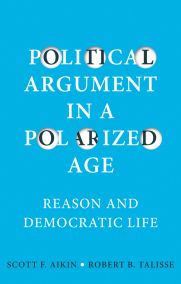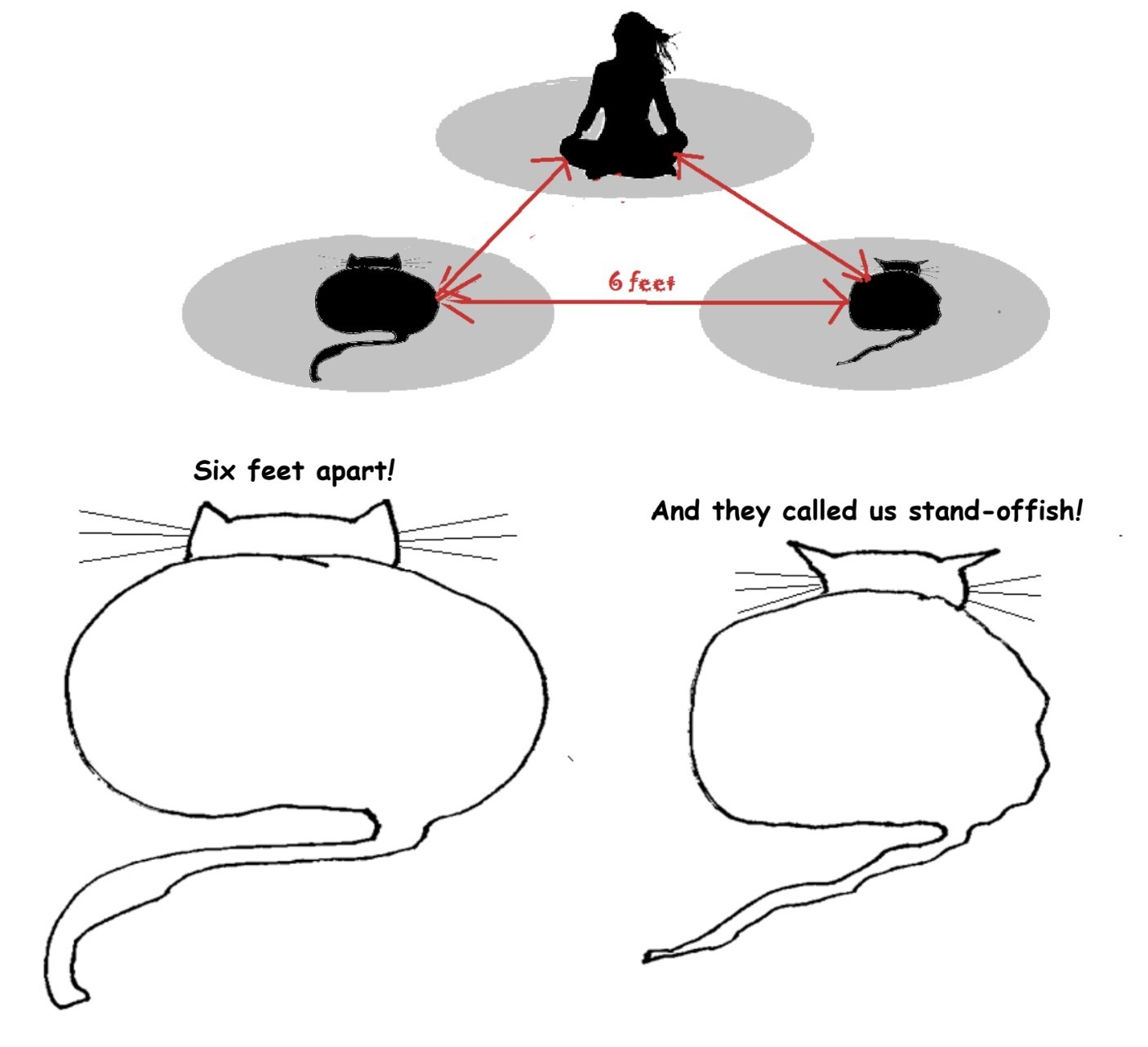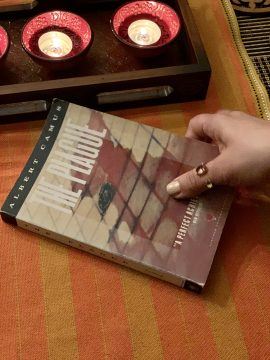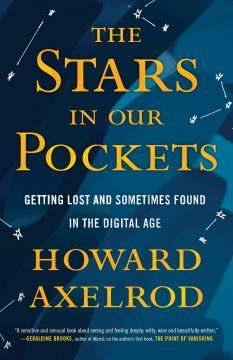by Zara Houshmand
 Stefany Anne Golberg’s My Morningless Mornings is one of the most unusual books I’ve ever encountered. It’s very quietly ambitious, framing its aspirations without obvious fanfare, and it accomplishes them with rare elegance and efficiency.
Stefany Anne Golberg’s My Morningless Mornings is one of the most unusual books I’ve ever encountered. It’s very quietly ambitious, framing its aspirations without obvious fanfare, and it accomplishes them with rare elegance and efficiency.
Ostensibly the book is a memoir, but just barely. Its narrative scaffolding consists of memories from a period of Golberg’s life when, as a young teenager, she kept a nightly vigil in her suburban Las Vegas home while her father descended into mental illness. The rest of her immediate family had jumped ship. Staying awake every night until dawn and then sleeping from dawn until noon, she evaded the morning—a time fraught with anxiety and the burdens of reality. The night time hours were filled with the drone of old films and documentaries on television and with stacks of library books and encyclopedias that fed her self-directed education.
That narrative scaffolding is constructed with exquisite finesse and reserve, without the faintest hint of melodrama. The things unsaid—the absences—are as powerful as what is revealed. Consider this passage:
From the window I could also see the evergreen trees that had been planted in front of my house when I was one year old. They had become sick and thin, following the rest of the backyard, making it easier for the sun to reach the anguished message my father had scrawled in giant block letters on the driveway earlier that spring.
What were they, the trees? Junipers, I think. They had round, pale fruits that tasted like rocks and were the color of a northern sea, the color of water Jules Verne must have sailed across in his little wooden skiff, the color of Jacques Cousteau’s eyes when he gazed across the bow, just before diving down deep. Maybe this is the fear we all share. That when the morning comes, and shines its light, we will have to read the message that has been put there before us. Or worse, that there will be so much sunlight and nothing at all to see.
That single image of the message written on the driveway is the totality of the story, one of a small handful of carefully placed details where the constant background tension of her father’s decline breaks through the surface. But in the voids created by that minimalist narrative, another world emerges. Here the mention of Jules Verne and Jacques Cousteau looks back to a passage earlier in the book, that launches from Cousteau’s late night television documentaries, and how Verne’s imaginary expeditions inspired his career, into the fathomless, sunless, undersea world as an expression of shadow work, and Verne’s fantastic vehicles as fully contained interior spaces where “a ship is a symbol for the perfection of one’s inner humanity.”
These chains of reflection crisscross through the book, weaving together themes of darkness and light, sleeping and waking, and the transitional regions of dawn’s twilight and the dream world. Read more »


 As we continue to distance ourselves from others in the midst of the new coronavirus pandemic, we hear about other people’s new rituals and routines as we formulate our own. As each day to be spent at home stretches (looms) ahead of us when we awake in the morning, rituals give the day shape, symmetry, a framework. What significance do these new rituals have for us individually and as a society? What did the old rituals mean? What if we were to take an anthropological approach to our own predicament?
As we continue to distance ourselves from others in the midst of the new coronavirus pandemic, we hear about other people’s new rituals and routines as we formulate our own. As each day to be spent at home stretches (looms) ahead of us when we awake in the morning, rituals give the day shape, symmetry, a framework. What significance do these new rituals have for us individually and as a society? What did the old rituals mean? What if we were to take an anthropological approach to our own predicament?


 Our society needs virologists. Heeding their advice is valuable and consequential. In the Coronavirus pandemic, German politicians listened to the virologists, and Germany is doing relatively well. Other political leaders have (too long) ignored the virologists, and their citizenry is paying a high price.
Our society needs virologists. Heeding their advice is valuable and consequential. In the Coronavirus pandemic, German politicians listened to the virologists, and Germany is doing relatively well. Other political leaders have (too long) ignored the virologists, and their citizenry is paying a high price.




 The past decade delivered powerful lessons of what not to do in an economic crisis. Many countries pursued, or had imposed on them, austerity policies. That is, cutting government spending when the economy tanks in order to balance the books. The idea is that with less spending now, taxes will be lower later on, which will make people feel more confident now, thereby shortening the recession. It’s a nice idea. But it actually makes things worse.
The past decade delivered powerful lessons of what not to do in an economic crisis. Many countries pursued, or had imposed on them, austerity policies. That is, cutting government spending when the economy tanks in order to balance the books. The idea is that with less spending now, taxes will be lower later on, which will make people feel more confident now, thereby shortening the recession. It’s a nice idea. But it actually makes things worse. Books, like people, have their unique fates—their zodiac. Written in one context, they arrive in another, and every now and then a special convergence takes place. Like now. A book that in some other time would be read as a quiet reflection on the general state of things—how it is with us—delivers its messages with an unexpected force.
Books, like people, have their unique fates—their zodiac. Written in one context, they arrive in another, and every now and then a special convergence takes place. Like now. A book that in some other time would be read as a quiet reflection on the general state of things—how it is with us—delivers its messages with an unexpected force. The smallest works spoke volumes at “Theater of Operations,” MoMA PS1’s monumental art exhibition on the U.S. invasions of Iraq, which closed last month. In the immense Queens satellite of the name-brand New York institution, the comparatively miniature works of Iraqi artists offered a visual diary of life under siege. Glass cases of dafatir (notebooks, in Arabic) were spread around the exhibition halls. Produced by several artists, notably Dia Azzawi and Kareem Risan, some of the books were burnt or ripped; others were printed with Arabic calligraphy or capped with forms figurative or abstract; some expanded while others were painted shut, or were adorned with found objects—like barbed wire.
The smallest works spoke volumes at “Theater of Operations,” MoMA PS1’s monumental art exhibition on the U.S. invasions of Iraq, which closed last month. In the immense Queens satellite of the name-brand New York institution, the comparatively miniature works of Iraqi artists offered a visual diary of life under siege. Glass cases of dafatir (notebooks, in Arabic) were spread around the exhibition halls. Produced by several artists, notably Dia Azzawi and Kareem Risan, some of the books were burnt or ripped; others were printed with Arabic calligraphy or capped with forms figurative or abstract; some expanded while others were painted shut, or were adorned with found objects—like barbed wire.